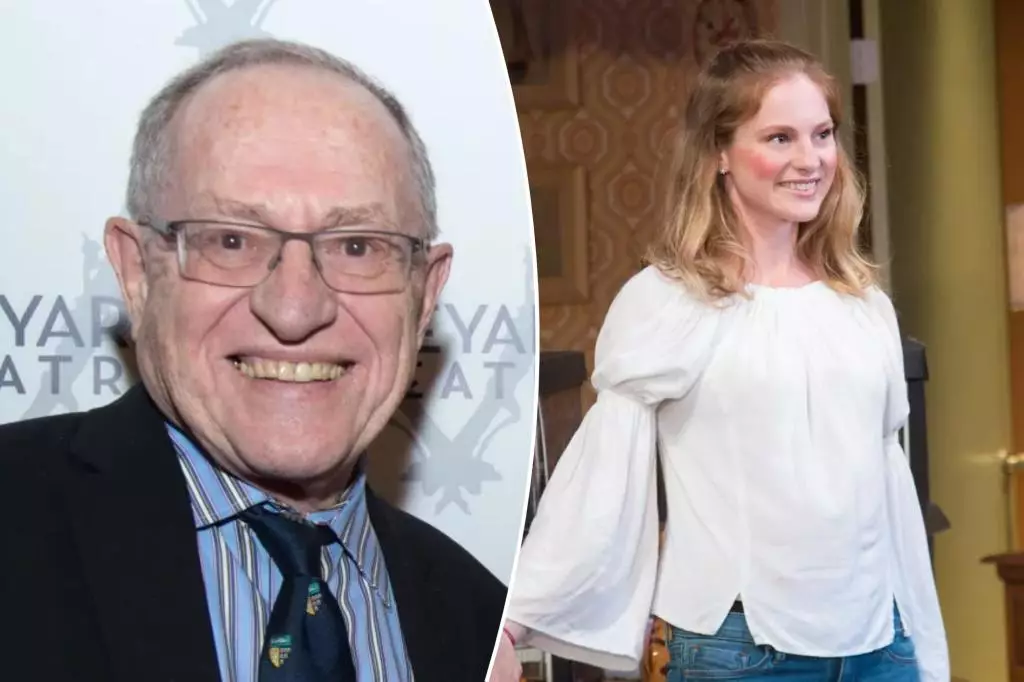In the world of high-profile legacies, few stories are as unexpected as that of Ella Dershowitz, daughter of the renowned legal figure Alan Dershowitz. While many offspring of famous parents gravitate towards fields like acting or music, Ella is carving out her niche as a crossword puzzle creator. She has successfully showcased her talent in prestigious publications, including the LA Times and Wall Street Journal, culminating with a notable feature in the New York Times—the coveted Thursday puzzle, often regarded as a challenging endeavor for even seasoned cruciverbalists.
This unusual career path raises intriguing questions about the value of familial connections in professional ventures. While some may argue that Ella’s background facilitates her success, her achievements speak to a noteworthy dedication to honing her craft within a niche that often remains hidden in the shadows of celebrity culture. Instead of flooding social media with flashy photos or securing a role in the latest blockbuster, Ella has chosen the cerebral arena of wordplay, a decision that reflects both creativity and intellectual ambition.
The juxtaposition between Ella’s understated artistic endeavor and her father’s notoriety in the legal arena creates a compelling narrative. Alan Dershowitz has long been a polarizing figure, known for his legal defense of infamous clients like O.J. Simpson and Claus Von Bulow. His recent controversial representation of Donald Trump has drawn further scrutiny, reinforcing his status as a figure who thrives in contentious conversations. In contrast, Ella’s puzzle-making appears refreshingly apolitical, providing a rich commentary on how the next generation can choose different pathways that diverge from entrenched familial legacies.
Moreover, the support Alan gives to the resurgent New York Sun—a publication that prides itself on being a critical voice against mainstream media—adds another layer to this narrative. While the New York Sun positions itself as a counter to what it perceives as flawed journalism in the New York Times, Ella’s work on a harrowing puzzle for the very same paper underscores a subtle irony. It showcases that in realms where partisan divides are stark, creative expression can still create connections among disparate ideologies.
Ella Dershowitz is not solely defined by her crossword making. Her pursuits extend into acting, where she is set to take part in a play that focuses on the life of Hannah Arendt, a prominent 20th-century philosopher known for her deep investigations into totalitarianism and the nature of evil. This duality of careers illustrates an intriguing intersection of intellect, creativity, and advocacy.
By blending these talents, Ella embodies a refreshing take on modern legacy building. Rather than solely relying on her father’s reputation, she actively engages in her interests and passions—a commendable approach that challenges societal expectations tied to lineage. In doing so, she cultivates an identity that is distinctly her own, setting the stage for future contributions across multiple disciplines.
Ella Dershowitz represents a new legacy: one that merges the complexity of familial ties with a dedication to exploring personal passions beyond the headlines. Through her crossword puzzles and impending theatrical performances, she invites us to consider the value of individual talent in navigating the intricate landscape of legacy, creativity, and societal contribution.

